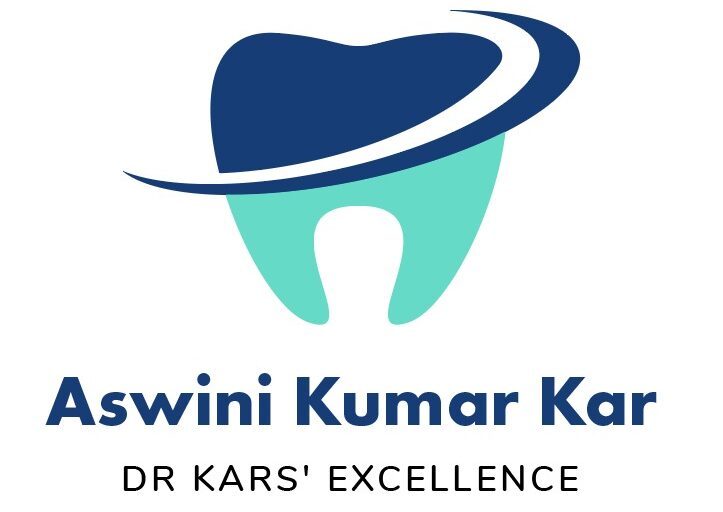Research Interest
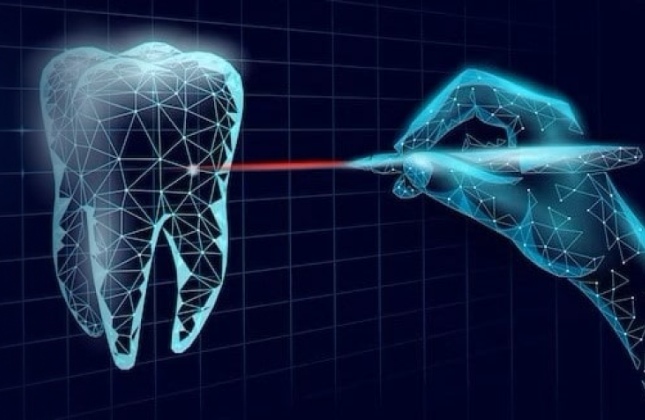
Use of Artificial Intelligence in Dentistry:
Artificial Intelligence (AI) has revolutionized the field of dentistry by enhancing diagnostic and treatment capabilities. In diagnostics, AI algorithms analyse radiographic images, helping identify dental issues like caries and periodontal diseases. Moreover, AI aids in treatment planning, predicting outcomes, and optimizing procedures for greater precision. Virtual simulations powered by AI enable dentists to practice complex surgeries, fostering skill development.
Additionally, AI plays a crucial role in patient management systems, improving appointment scheduling, patient communication, and personalized treatment plans. Chatbots equipped with AI algorithms streamline patient queries and provide instant responses, enhancing overall patient experience.
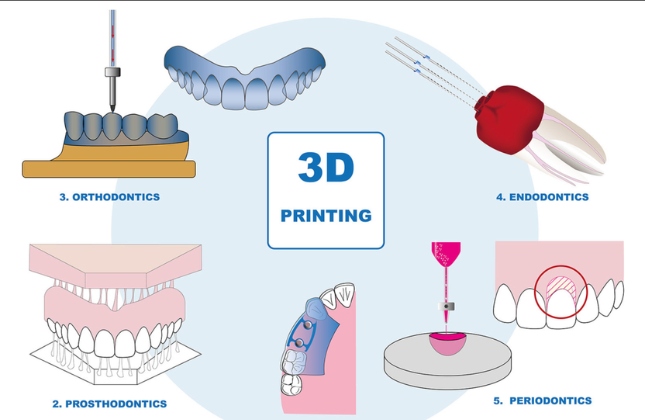
3D Printing-Based Prosthetic Rehabilitation:
3D printing technology has significantly impacted prosthetic rehabilitation in dentistry. It allows for the customization and fabrication of dental prosthetics with unparalleled precision. Dentures, crowns, bridges, and even implants can be produced using 3D printing, ensuring a perfect fit and enhanced aesthetics. This technology accelerates the prosthetic production process, reducing both cost and time.
Moreover, 3D printing facilitates the creation of patient-specific models for surgical planning and guides. It enables dental professionals to visualize the anatomical structure accurately, leading to more effective and minimally invasive procedures. As the technology advances, 3D printing in dentistry continues to redefine the standards of prosthetic rehabilitation.
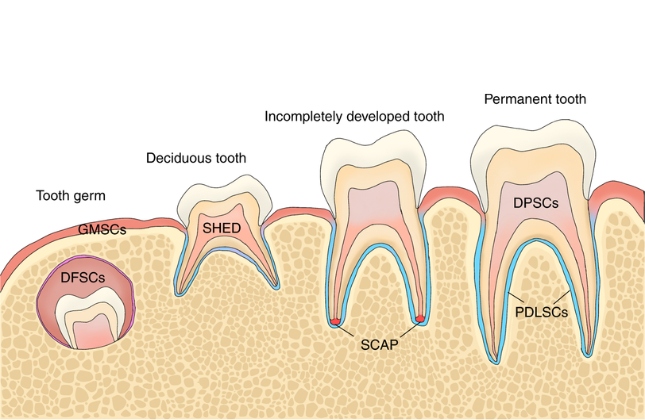
Stem Cells Technique in Dentistry:
Stem cell therapy is gaining prominence in dentistry for its regenerative potential. This technique involves the use of dental stem cells to regenerate damaged tissues, promoting natural healing. Dental pulp stem cells, for instance, can be utilized in various applications, including the regeneration of dental tissues and the treatment of periodontal diseases.
Stem cell therapy offers a promising alternative for tooth regeneration, potentially eliminating the need for traditional dental implants. Researchers are exploring ways to harness the regenerative capabilities of stem cells to repair damaged oral tissues and restore functionality. While still in the experimental stages, the use of stem cells in dentistry holds tremendous potential for advancing the field of regenerative medicine.
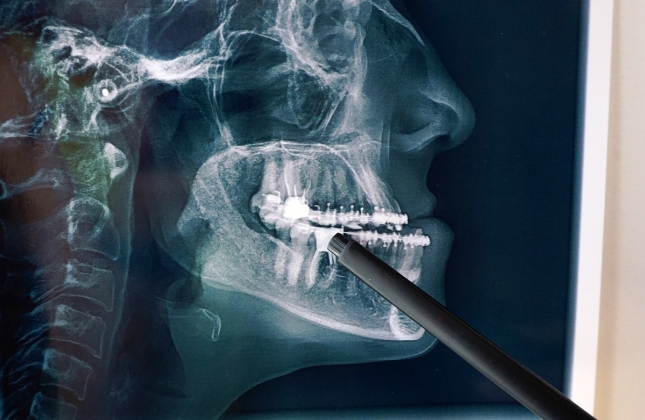
Post Carcinoma Maxillofacial Rehabilitation:
Post carcinoma maxillofacial rehabilitation focuses on restoring oral and facial functions for individuals who have undergone cancer treatment. Advanced prosthetics, surgical techniques, and rehabilitation strategies are employed to address the functional and aesthetic challenges that arise post-cancer treatment.
Artificial intelligence assists in treatment planning, predicting potential complications, and optimizing surgical approaches for maxillofacial reconstruction. Additionally, 3D printing technology plays a crucial role in crafting customized implants and prosthetics that precisely fit the patient’s anatomy, contributing to improved outcomes.
Collaboration between oncologists, oral surgeons, and prosthodontists is essential in post-carcinoma maxillofacial rehabilitation, ensuring a comprehensive and patient-centred approach. Ongoing research continues to refine techniques and technologies for enhanced outcomes and improved quality of life for cancer survivors.
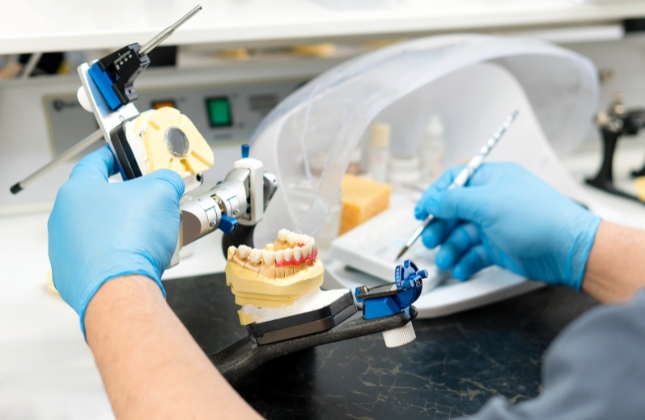
Geriatrics Prosthodontics:
Geriatrics prosthodontics addresses the unique oral health needs of the elderly population. As individuals age, they may experience tooth loss, oral diseases, and changes in oral anatomy, requiring specialized prosthodontic care.
Customized prosthetic solutions, including dentures and implants, play a vital role in restoring oral function and aesthetics for geriatric patients. Additionally, advancements in materials and techniques contribute to the longevity and comfort of prosthodontic devices.
Collaboration with other healthcare professionals, such as geriatricians and nutritionists, is essential in providing holistic care for elderly patients. Emphasizing preventive measures and routine dental check-ups becomes crucial in maintaining oral health and overall well-being in the geriatric population. With the aging global population, geriatrics prosthodontics continues to evolve to meet the diverse needs of older individuals, promoting a higher quality of life through comprehensive oral care.
